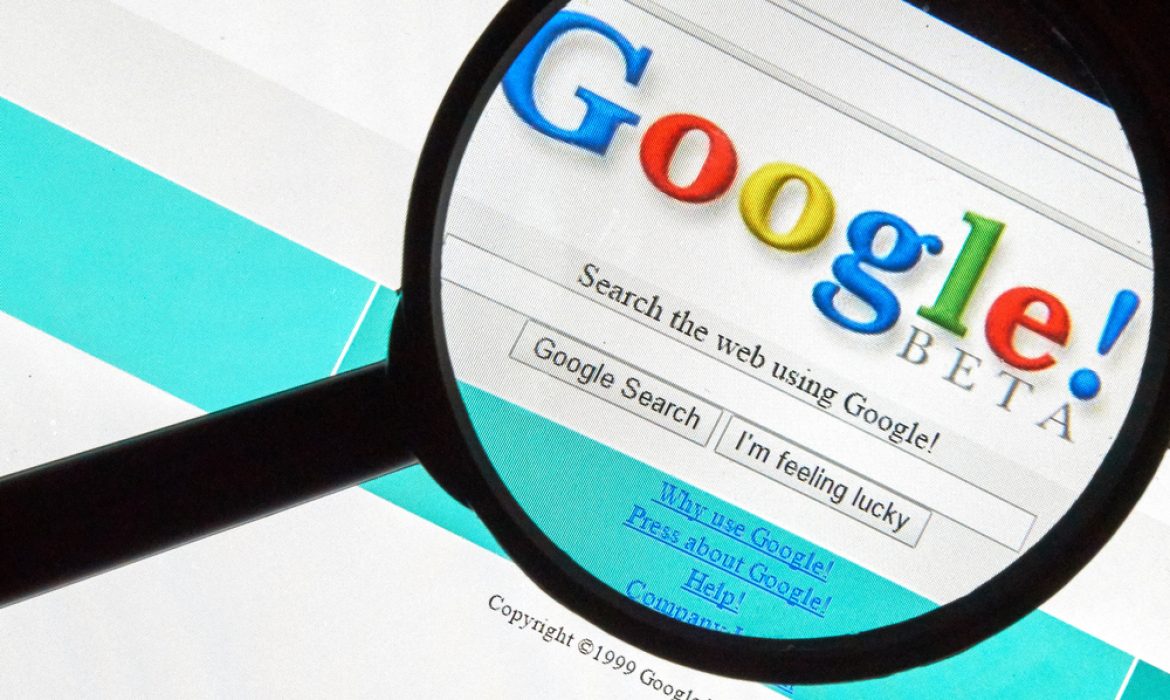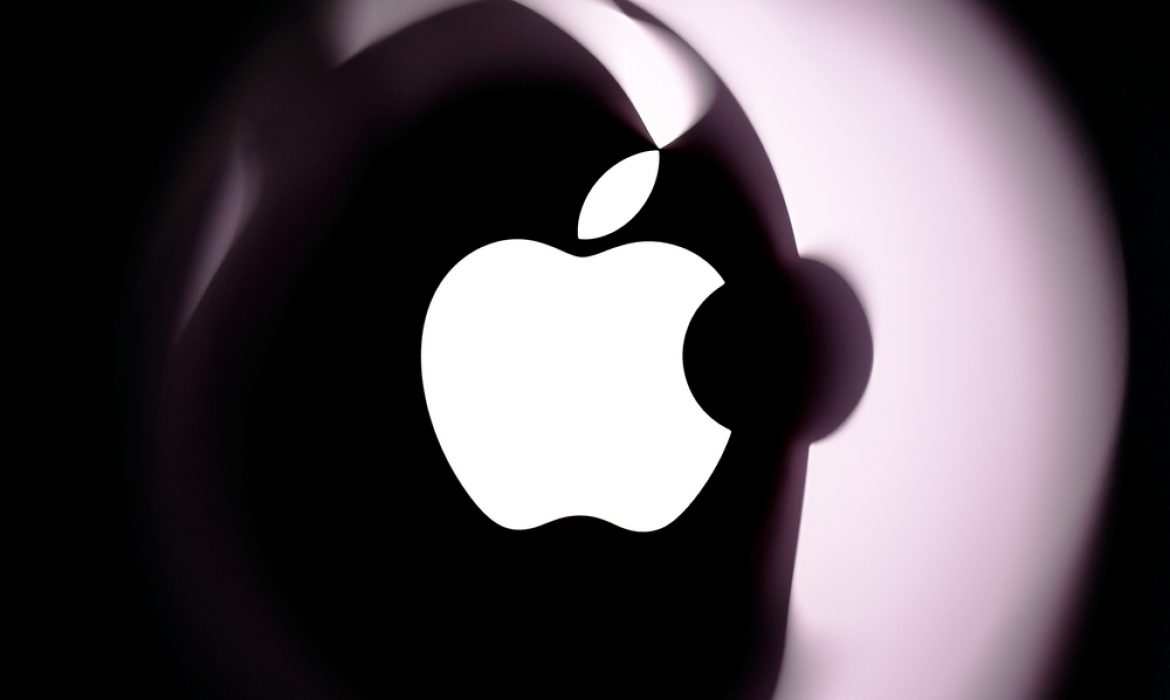Google’s Journey: 25 Years of Innovation and Imagination
In a world where technological progress races forward at an unprecedented pace, few entities have managed to remain relevant, let alone thrive, for a quarter of a century. This September, Google, the search giant that reshaped the way we access information, achieves this remarkable milestone. And as the company marks its 25th birthday, Sundar Pichai, Google’s CEO, takes us on an insightful journey through the ever-evolving landscape of innovation.
A Celebration of Vision and Tenacity
As Google and its parent company, Alphabet, prepare to blow out 25 candles on the proverbial birthday cake, Pichai’s sentiments are filled with gratitude. He extends his appreciation to the countless individuals around the globe who have warmly embraced Google’s products, the passionate Googlers who have tirelessly pushed the boundaries of innovation, and the steadfast support of partners who shared the company’s grand vision.
A Personal Tale of Transformation
In the spirit of reflection, Pichai shares a personal story that underscores the astonishing pace of technological change. Twenty years ago, while pursuing his education in the United States, he sent an email to his father in India. Expecting an almost instant response, he was confounded when it took two days to receive a formal reply. The convoluted process involved a colleague at his father’s workplace printing out the email and physically delivering it. Today, his own son’s effortless communication via smartphone highlights the generational shift in technology.
This shift, where what was once extraordinary becomes second nature to the next generation, fills Pichai with optimism for the future. It sets a high bar for what innovations the upcoming generations will devise, making him eagerly anticipate what will merely elicit nonchalant shrugs from his grandchildren.
The Core of Transformation: Humanity and Technology
At the heart of Pichai’s reflection lies the profound evolution of technology and humanity’s relentless adaptation to it. He harks back to a time when Larry Page and Sergey Brin, Google’s co-founders, articulated their audacious mission: to organize the world’s information and make it universally accessible and useful. This grand vision birthed Google Search, which has since provided billions of people with answers to questions ranging from the trivial to the life-altering.
The Power of Google Search
Pichai, like many of us, has witnessed the evolution of Google Search. He fondly recalls asking questions like “How do you fix a dripping faucet?” and “How to ace a Google interview?” over the years. The platform’s continuous refinement, ensuring more accurate and relevant responses, has been nothing short of inspiring. Google Search’s profound impact on people’s lives, enabling access to healthcare information, new skills, career opportunities, and education, stands as a testament to its revolutionary nature.
Beyond Search: Questions That Transformed the World
But Google’s mission extends far beyond Search. Pichai highlights that the company now boasts 15 products, each serving over half a billion people, and six products reaching over 2 billion users. Products like Gmail, YouTube, and Google Maps emerged from questions that Google dared to ask. Questions like, “What if we gave everyone a way to share what they know with the world?” These audacious innovations have fundamentally transformed how we learn, share knowledge, and communicate on a global scale.
Sharing Knowledge, Transforming Industries
Pichai is also quick to emphasize Google’s commitment to sharing its tools, breakthroughs, and infrastructure with the world. Despite launching Google Cloud in 2008, the company has become a major player in the enterprise world, empowering businesses with its cutting-edge technology. This spirit of sharing has led to substantial improvements in customer support, supply chain efficiency, sustainability, and the proliferation of AI-driven applications across diverse industries.
The Value of Failure
Acknowledging that not every question Google has pursued has led to success, Pichai lightens the mood with a humorous nod to “Google Wave,” a project that didn’t quite achieve its intended impact. Yet, he underscores that these experiences are an integral part of Google’s 25-year journey, providing valuable lessons and boundless opportunities for growth.
The Unwavering Pursuit of the Impossible
Pichai asserts that Google’s enduring success rests on its unrelenting commitment to its mission and its willingness to tackle the impossible head-on. Google consistently embraces challenges that others deemed too audacious or insurmountable. Pichai points to the company’s pioneering efforts in democratizing access to powerful computers through Android, revolutionizing education with Chromebooks, and integrating cutting-edge technology into our daily lives with Google Pixel.
The Promise of AI: Shaping the Future
However, Pichai believes that the most profound technological transformation lies ahead with artificial intelligence (AI). Google has been a pioneer in AI research, leveraging machine learning in its products for years. Progress in areas like deep neural networks and image recognition has laid the foundation for transformative AI applications.
Pichai underscores Google’s commitment to AI principles established in 2018. These principles are vital in shaping the responsible development of AI, posing critical questions about its potential benefits and risks. This ensures that AI remains aligned with humanity’s interests and societal well-being.
AI’s Role in Addressing Tomorrow’s Questions
Pichai envisions AI as the catalyst for answering monumental questions that will define our future. These questions span universal access to personalized education, the development of sustainable energy sources, tools that foster creativity and innovation, the reimagination of industries like transportation and agriculture, and the enhancement of disaster prediction and preparedness.
Google’s Next 25 Years: Guided by AI
As Google embarks on its next 25 years, Pichai underscores the central role of AI in fulfilling the company’s mission. He envisions AI as the driving force behind transformative technological advancements, potentially surpassing the significance of the shift from desktop to mobile computing or even the advent of the internet itself. Google remains steadfast in its commitment to ensuring AI is beneficial for all while adhering to ethical and responsible development.
A Hopeful Gaze Towards 2048
In closing, Pichai shares a hopeful vision. He anticipates that in 2048, a teenager somewhere in the world will glance at Google’s AI-powered achievements and simply shrug. This gesture, signifying that Google has once again pushed the boundaries of what’s possible, is the beacon that guides the company’s relentless pursuit of answers to the world’s most significant questions. Until then, Google marches forward, charting new territory in the ever-expansive landscape of innovation and imagination.
Apple Extends Chip Partnership with Arm Beyond 2040 in Historic Agreement
In a groundbreaking move, Apple has solidified its commitment to technological innovation by entering into a long-term agreement with Arm to supply chips “beyond 2040.” This monumental deal was revealed in Arm’s initial public offering documents filed on Tuesday, setting the stage for a significant transformation in the world of semiconductor technology.
Arm, renowned for owning the intellectual property underlying the computing architecture of most smartphones, has been a pivotal partner for Apple, licensing its cutting-edge technology for use in the iPhone, iPad, and Mac. This partnership, which traces its roots back to Apple’s early days, has significantly shaped the evolution of mobile computing.
The collaboration between these two tech giants dates back to 1990 when Apple was among the first companies to invest in Arm. In 1993, they released the Newton pocket computer, powered by an Arm-based processor chip. Although the Newton project faced challenges, Arm’s technology was pivotal, as its low power consumption allowed for extended battery life—a crucial factor in the success of mobile devices.
Fast forward to today, and Arm’s technology remains integral to Apple’s product development, fueling the company’s relentless drive for innovation. It’s this commitment to pushing the boundaries of what’s possible in technology that has led Apple to extend its partnership with Arm for another two decades and beyond.
The details of this historic agreement emerged as Arm unveiled pricing parameters for its initial public offering, a deal estimated to reach a staggering $52 billion. Arm’s owner, SoftBank Group, plans to offer 95.5 million American depositary shares in the company, with prices ranging from $47 to $51 per share—a deal set to become the largest of its kind in the U.S. this year.
What’s particularly intriguing is that this significant development was not previously disclosed in Arm’s IPO documents released on August 21. This suggests that the deal was inked within this short time frame, underscoring the rapid pace of negotiations and the importance of this partnership.
While Arm remained tight-lipped about further details, the tech world is abuzz with anticipation. Apple, too, has yet to officially comment on this historic agreement, leaving us to wonder about the groundbreaking technologies and innovations it might usher in as we venture further into the 21st century.
As Apple and Arm extend their partnership into uncharted territory, it’s clear that the future of technology, from mobile devices to beyond, will be forever shaped by this visionary alliance. Stay tuned as we watch this transformative story unfold in the world of tech.



